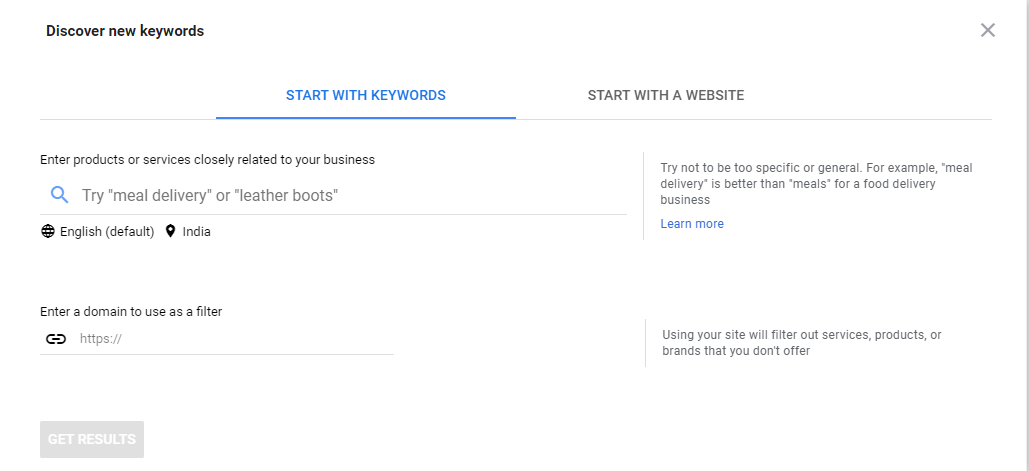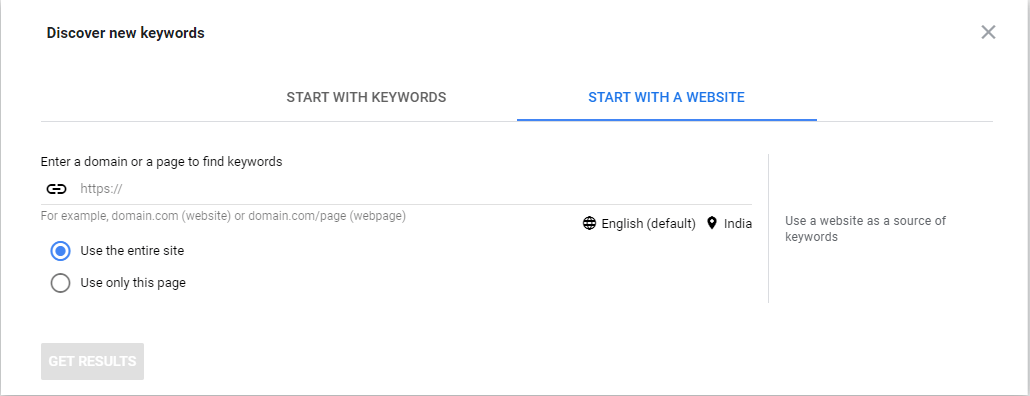For the longest time, if a big branded store opened up in an area, the business of small, local businesses offering the same or similar products or services would start dwindling. In some cases, retail chains have even forced local businesses to permanently close their doors.
However, thanks to the wonders of the web, the playing field has been leveled.
With that said, while the internet itself is not that old, there was a time when big players with seemingly endless marketing budgets would outperform their local competitors with ease.
Thanks to the rise of local SEO and local SEO services, things have changed for the better.
So what is local SEO and why is it so great? Let’s find out.
Why Local SEO Is Equal Parts Amazing And Important
First, let’s talk about what makes local SEO so amazing. As the name may have already given away, local SEO is amazing because it is local. This means, local businesses that offer services or products in a specific geographical location can ensure they are found by potential customers using local SEO. This also means that only the businesses that operate in a specific area will compete for a location specific keyword for that area.
For instance, for the keyword “marketing agencies in Greenville” only the marketing agencies operating in the Greenville area will be competing. This reduced competition makes it much easier for businesses to rank for location specific keywords, virtually taking away the undue advantage that was being enjoyed by big businesses for many years.
In short, less competition to rank for location specific keywords makes local SEO awesome. Now, let’s look at what makes it important:
- The number of local searches with intent to purchase is increasing. That’s right, searches containing the terms “where to buy” and “near me” have grown by over a whopping 200% in the last two years.
- Local searches lead to action. Over half of all “near me” searches lead to a store visit. When you consider that over a third of all online customers in the USA are conducting local searches, it isn’t difficult to imagine the effectiveness of optimising for local searches.
Now that we have understood the importance of local searches, let us see a few tactics that you can employ to optimise your website for local searches.
How To Implement Local SEO To Your Website:
While a professional local SEO service is perhaps the most surefire way to ensure your business website outranks your local competition, there are certain things that you can do on your own to improve your website’s ranking. Here are a few of them:
Ensure NAP Consistency
NAP is short for name, address, and phone number. These are the most basic details of your business that are used by prospects and search engines to learn more about it. However, many business websites don’t have consistent NAP information on their own pages, and it can turn out to be a big problem.
Besides confusing and frustrating prospects that may be looking for information about your business, inconsistencies in NAP information also confuse search engine algorithms and can negatively affect your business website’s ranking in the search results.
Ensuring consistency in NAP details takes very little effort but can provide incredible local SEO results in a relatively short window of time, especially if your competitors have discrepancies in their NAP details.
When ensuring your NAP details on your website are consistent, it is also a good idea to find any other mentions of your business on other websites such as local business directories and ensure the NAP details associated with those mentions are consistent.
Target Local Keywords
In order to rank for local searches, one must target local keywords in their SEO efforts. While this may seem like a straightforward thing, finding the right keyword can be confusing, especially if you are a beginner.
While there are several tools available online that can help you conduct keyword research, most good tools are paid. If you can afford spending a few bucks, a few good options are RankWatch, Moz, AHREFS, and SpyFu.
However, if your budget doesn’t allow you to spend on paid tools, you can utilise the free tool offered by Google, the Google Keyword Planner.
Using the Google Keyword Planner is incredibly simple. You can either start your research with a keyword or with an URL.
To start your research with a keyword, simply think of one or more keywords that your ideal customers may use to search for the product or service that you are offering. Once done log on to the Google Keyword Planner and select the option that says “START WITH KEYWORDS”, as shown in the screenshot below:
Enter the keyword(s) that you came up with in the top bar, and Google will present you with keyword suggestions related to your keyword, along with their search volumes and the level of competition.
Ideally, you should target a mix of high and low competition keywords with moderate to high search volumes.
The other way to conduct keyword research using Google Keyword Planner is to select the “START WITH A WEBSITE” option. When you do, the page will look something like below:













